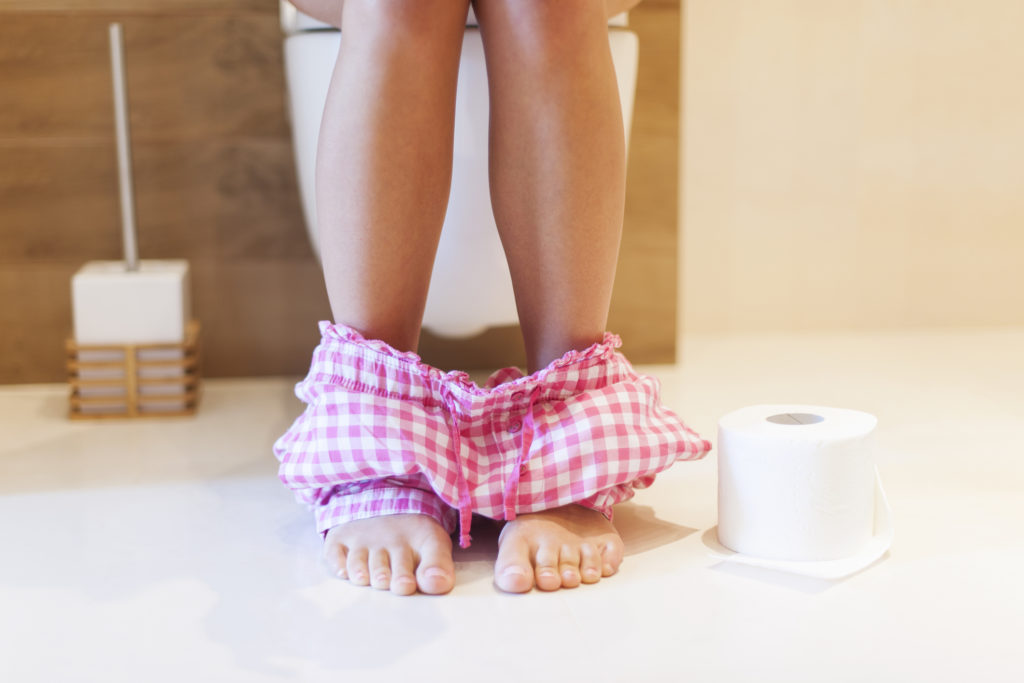Interstitial Cystitis
What it is: Interstitial cystitis (IC)/ Painful Bladder Syndrome (PBS) is a condition that results in recurring discomfort or pain in the bladder and the surrounding pelvic region.
Causes: Some of the symptoms of IC/PBS resemble those of bacterial infection, but medical tests reveal no organisms in the urine of people with IC/PBS. Furthermore, people with IC/PBS do not respond to antibiotic therapy. Researchers are working to understand the causes of IC/PBS and to find effective treatments.
Many women with IC/PBS have other conditions such as irritable bowel syndrome and fibromyalgia. Scientists believe IC/PBS may be a bladder manifestation of a more general condition that causes inflammation in various organs and parts of the body.
Symptoms: The symptoms vary from case to case and even in the same individual. People may experience mild discomfort, pressure, tenderness, or intense pain in the bladder and pelvic area. Symptoms may include an urgent need to urinate, a frequent need to urinate, or a combination of these symptoms. Pain may change in intensity as the bladder fills with urine or as it empties. Women’s symptoms often get worse during menstruation. They may sometimes experience pain during vaginal intercourse.

Diagnosis: Because symptoms are similar to those of other disorders of the bladder and there is no definitive test to identify IC/PBS, doctors must rule out other treatable conditions before considering a diagnosis of IC/PBS. The most common of these diseases in both sexes are urinary tract infections and bladder cancer. In men, common diseases include chronic prostatitis or chronic pelvic pain syndrome. In women, endometriosis is a common cause of pelvic pain. IC/PBS is not associated with any increased risk of developing cancer.
Treatments:
- Bladder distention
- Bladder instillation, also called a bladder wash or bath, the bladder is filled with a solution that is held for varying periods of time, averaging 10 to 15 minutes, before being emptied.
- Oral medications
- Electrical nerve stimulation – mild electrical pulses can be used to stimulate the nerves to the bladder—either through the skin or with an implanted device.
- Diet change – no scientific evidence links diet to IC/PBS, but many patients find that alcohol, tomatoes, spices, chocolate, caffeinated and citrus beverages, and high-acid foods may contribute to bladder irritation and inflammation. Some people also note that their symptoms worsen after eating or drinking products containing artificial sweeteners.
- Quitting smoking
- Exercise
- Bladder training
Source: National Institutes of Health
